NAMES ANALYSIS REPORT
You searched for:"Crudo",
Here's what we found
The English meaning of Crudo is Uncooked, raw, immature.
The name Crudo is of Spanish origin.
There are many indicators that the name Crudo may be of Jewish origin, emanating from the Jewish communities of Spain and Portugal.
When the Romans conquered the Jewish nation in 70 CE, much of the Jewish population was sent into exile throughout the Roman Empire. Many were sent to the Iberian Peninsula. The approximately 750,000 Jews living in Spain in the year 1492 were banished from the country by royal decree of Ferdinand and Isabella. The Jews of Portugal, were banished several years later. Reprieve from the banishment decrees was promised to those Jews who converted to Catholicism. Though some converted by choice, most of these New-Christian converts were called CONVERSOS or MARRANOS (a derogatory term for converts meaning pigs in Spanish), ANUSIM (meaning "coerced ones" in Hebrew) and CRYPTO-JEWS, as they secretly continued to practice the tenets of the Jewish faith.
Our research has found that the family name Crudo is cited with respect to Jews & Crypto-Jews in at least 5 bibliographical, documentary, or electronic references:
List of (mostly) Sephardic brides from the publication, "List of 7300 Names of Jewish Brides and Grooms who married in Izmir Between the Years 1883-1901 & 1918-1933". By Dov Cohen.
Dov Cohen has created an index of brides and grooms based on the organization of Ketubot (Jewish wedding contracts) from marriages within the Turkish community of Izmir. From this material we can identify the Jewish families who lived in Turkey since the Spanish expulsion in 1492 in two periods: the end of the Ottoman Empire and the beginning of the secular government of Turkish Republic. Events of these periods forced this community to emigrate to America.
List of (mostly) Sephardic grooms from the publication, "List of 7300 Names of Jewish Brides and Grooms who married in Izmir Between the Years 1883-1901 & 1918-1933". By Dov Cohen.
Dov Cohen has created an index of brides and grooms based on the organization of Ketubot (Jewish wedding contracts) from marriages within the Turkish community of Izmir. From this material we can identify the Jewish families who lived in Turkey since the Spanish expulsion in 1492 in two periods: the end of the Ottoman Empire and the beginning of the secular government of Turkish Republic. Events of these periods forced this community to emigrate to America.
Sephardic names from the magazine "ETSI". Most of the names are from (but not limited to) France and North Africa. Published by Laurence Abensur-Hazan and Philip Abensur.
ETSI (a Paris-based, bilingual French-English periodical) is devoted exclusively to Sephardic genealogy and is published by the Sephardi Genealogical and Historical Society (SGHS). It was founded by Dr. Philip Abensur, and his professional genealogist wife, Laurence Abensur-Hazan. ETSI's worldwide base of authors publish articles identifying a broad spectrum of archival material of importance to the Sephardic genealogist. A useful feature of ETSI is the listing, on the back cover, of all Sephardic family names, and places of origin, cited in the articles contained in each issue
Finding Our Fathers: A Guidebook to Jewish Genealogy, by Dan Rottenberg
In this work Dan Rottenberg shows how to do a successful search for probing the memories of living relatives, by examining marriage licenses, gravestones, ship passenger lists, naturalization records, birth and death certificates, and other public documents, and by looking for clues in family traditions and customs. Supplementing the "how to" instructions is a guide to some 8,000 Jewish family names, giving the origins of the names, sources of information about each family, and the names of related families whose histories have been recorded. Other features included a country-by-country guide to tracing Jewish ancestors abroad, a list of Jewish family history books, and a guide to researching genealogy.
The Sephardic Jews of Bordeaux, by Frances Malino
Describing the tensions that existed between the Sephardic community of Bordeaux and the Ashkenazic Jews of France, the author also depicts their role in the relation of the Jews with Napoleon and the forming of the Grand Sanhedrin
Around the 12th century, surnames started to become common in Iberia. In Spain, where Arab-Jewish influence was significant, these new names retained their old original structure, so that many of the Jewish surnames were of Hebrew derivation. Others were directly related to geographical locations and were acquired due to the forced wanderings caused by exile and persecution. Other family names were a result of conversion, when the family accepted the name of their Christian sponsor. In many cases, the Portuguese Jews bear surnames of pure Iberian/Christian origin. Many names have been changed in the course of migration from country to country. In yet other cases "aliases", or totally new names, were adopted due to fear of persecution by the Inquisition.





